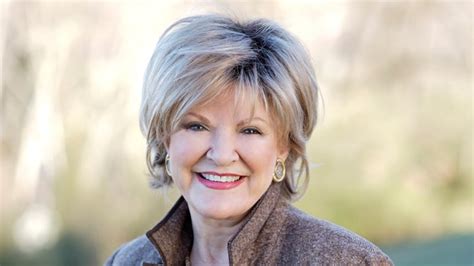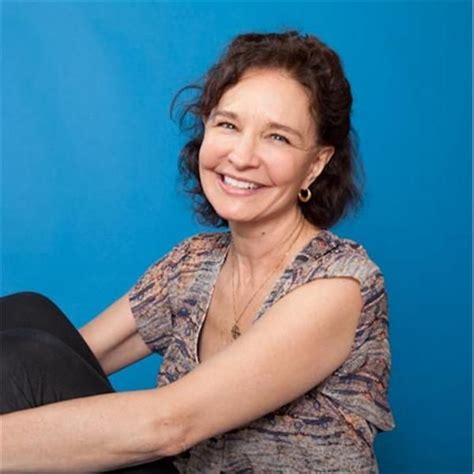A Quote by Frederick Lenz
We learn to avoid blocking others, interfering with others, because that will decrease our happiness, slow our vibratory rate and generally bring us down and make us miserable.
Related Quotes
Our sense of identity is in large measure conferred on us by others in the ways they treat or mistreat us, recognize or ignore us, praise us or punish us. Some people make us timid and shy; others elicit our sex appeal and dominance. In some groups we are made leaders, while in others we are reduced to being followers. We come to live up to or down to the expectations others have of us.
Emotional dependence is the opposite of emotional strength. It means needing to have others to survive, wanting others to "do it for us," and depending on others to give us our self-image, make our decisions, and take care of us financially. When we are emotionally dependent, we look to others for our happiness, our concept of "self," and our emotional well-being. Such vulnerability necessitates a search for and dependence on outer support for a sense of our own worth.
In our concern for others, we worry less about ourselves. When we worry less about ourselves an experience of our own suffering is less intense. What does this tell us? Firstly, because our every action has a universal dimension, a potential impact on others' happiness, ethics are necessary as a means to ensure that we do not harm others. Secondly, it tells us that genuine happiness consists in those spiritual qualities of love, compassion, patience, tolerance and forgiveness and so on. For it is these which provide both for our happiness and others' happiness.
The relationships we have with our doctors are often the most trusted relationships of our lives. Our doctors tell us hard truths that others will not. We often tell our doctors what we will not tell others. We trust our doctors to give us the good, the bad and the ugly about our health so that each of us can make an informed decision.
We would willingly have others perfect, and yet we amend not our own faults. We would have others severely corrected and will not be corrected ourselves. The large liberty of others displeases us, and yet we will not have our own desires denied us. We will have others kept under by strict laws, but in no sort will ourselves be restrained. And thus it appears how seldom we weigh our neighbor in the same balance with ourselves.
Human beings are not intrinsically selfish, which isolates us from others. We are essentially social animals who depend on others to meet our needs. We achieve happiness, prosperity and progress through social interaction. Therefore, having a kind and helpful attitude contributes to our own and others' happiness.
Envy, my children, follows pride; whoever is envious is proud. See, envy comes to us from Hell; the devils having sinned through pride, sinned also through envy, envying our glory, our happiness. Why do we envy the happiness and the goods of others? Because we are proud; we should like to be the sole possessors of talents, riches, of the esteem and love of all the world! We hate our equals, because they are our equals; our inferiors, from the fear that they may equal us; our superiors, because they are above us.
Before making peace, war is necessary, and that war must be made with our self. Our worst enemy is our self: our faults, our weaknesses, our limitations. And our mind is such a traitor! What does it? It covers our faults even from our own eyes, and points out to us the reason for all our difficulties: others! So it constantly deludes us, keeping us unaware of the real enemy, and pushes us towards those others to fight them, showing them to us as our enemies.
Being concerned about other people is especially relevant in today's world. If we consider the complex inter-connected ness of our modern lives, how we depend on others and others depend on us, our outlook will change. We’ll begin to see 'others' not as somehow distant from us, but as people we are in touch with, people close to us; we will no longer feel indifferent to them.

































